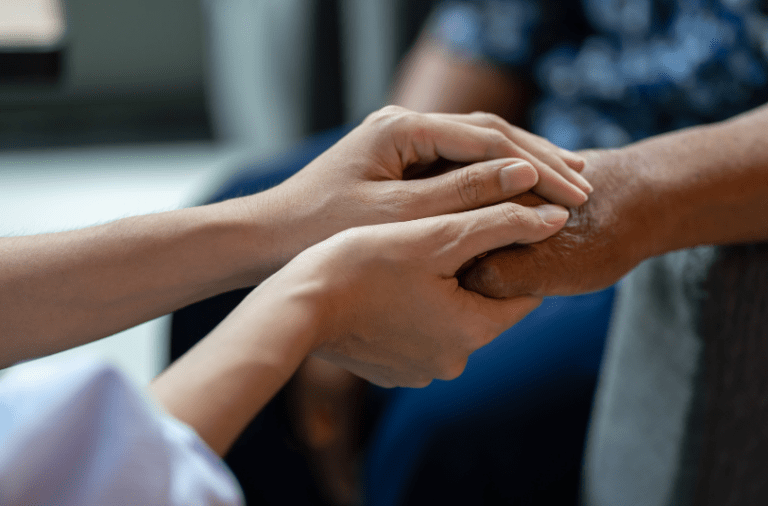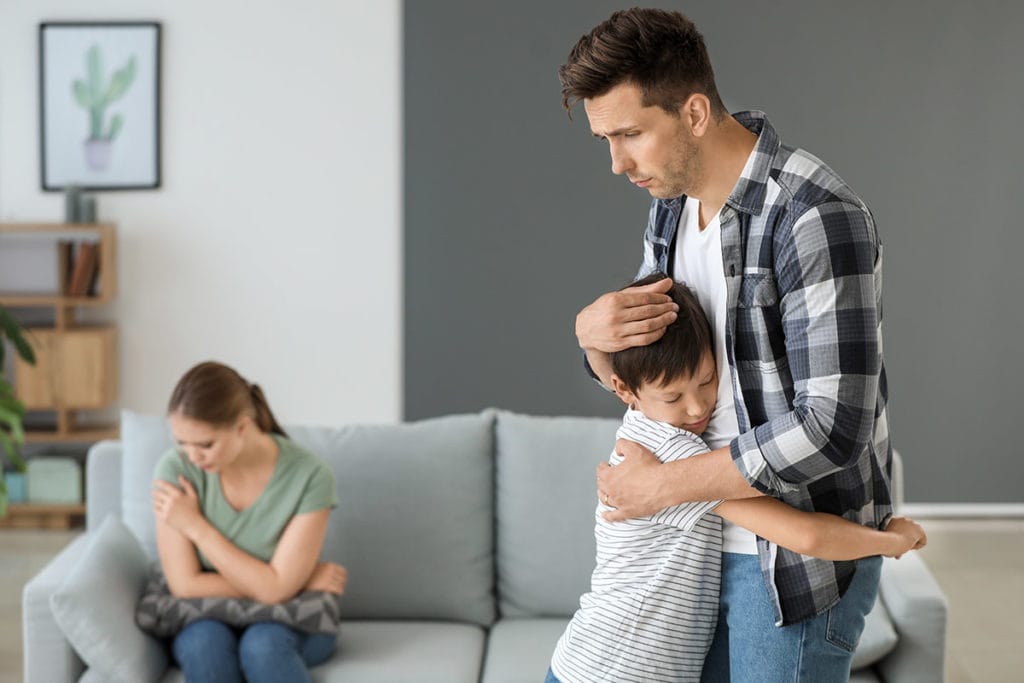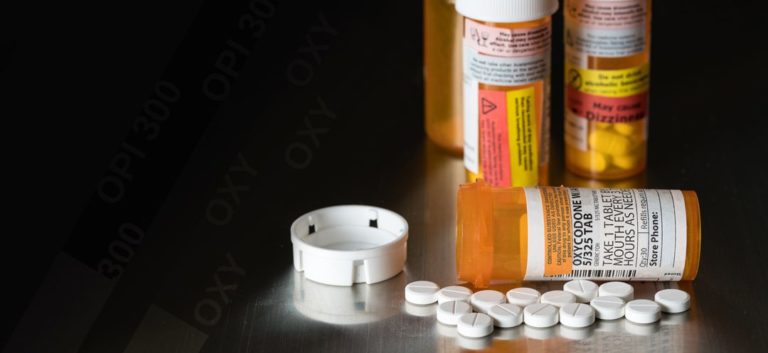6 Ways to Repair Your Family After Addiction
Addictions affect everyone in the family, even those who may not realize it. Everyone has a role to play in the healing process. This article shares some of the ways in which family members can play a role in the healing process after addiction.
Recovery from addiction is a journey. It requires dedication, hard work, and a constant commitment to staying sober. But, it is not impossible. With the right support, in the right environment, it is possible to beat addiction and lead a sober life.
Family members can play a significant role in the healing process after addiction.
1. Be there
Addiction is a disease. However, the person who abuses substances to cope with their feelings is not necessarily going to be diagnosed as an addict. This is because, while addiction is a pattern of behavior, it is not a medical condition. An addict may or may not have a diagnosable disease called a “dependency syndrome”; it is largely a result of their own behavior.
If your loved one is experiencing symptoms of addiction, you can be there for them by being patient, non-judgmental, and consistent. Help them identify and overcome their triggers.
Remember that the primary role of a family member is to support their loved one’s recovery, not to control them. Simply being there for your loved one can help tremendously.

2. Help out in other ways
If your loved one doesn’t want or need advice on how to quit using, there are ways you can still help. You can offer to help out around the house by doing things like grocery shopping, cooking, or cleaning. You can also help your loved one find a 12 step program or other support system that is right for them.
You can also offer to care for your loved one’s children while they are in treatment. Child protective services may put children of an addict in foster care if the parent is unable to care for them due to their addiction. This can be a very stressful situation for the kids, and having someone else to look after them can be a huge help.
If your loved one is homeless, you can offer to let them stay at your house if they are willing to promise to try and clean up their act. This is a great way for them to get their feet wet and make a commitment to change.
3. Let your loved ones know they are loved
Asking your loved ones if they are okay can help them recognize when they are hurting. It can also help them identify and overcome their fears. Acknowledging that you care and want to help can go a long way in helping your loved one start to heal.
Let your loved one know that you care by:
- Asking about their day
- Doing things for them without reciprocation
- Letting them choose what they want to do (within reason)
- Letting them have space when they need it
- Being there for them when they are ready to talk
- Letting them know that you miss them when they are not around
- Letting them know that they are loved and you care
- Acknowledging that you have limitations as a parent/guardian and that you cannot be there for them 24/7
4. Offer words of encouragement
Words of encouragement can go a long way in helping your loved one stay focused and sober. Let them know that you want them to succeed, but also warn them of the challenges that lie ahead.
Quit trying to control them, the disease, and the situation. Simply telling them that they can do it, and that you will be there for them, can go a long way towards helping them heal.
5. Help your loved one recognize triggers
A trigger is something that sets off an intense emotional response in an addict. Triggers can be things that happened in the past or things in the present. Knowing the triggers and how to avoid them can help your loved one get through each day safely.
Some common triggers include:
- Remembering specific events from the past that led to their drug use
- Witnessing others using
- Anxiousness, stress, or tension
- Being in places where substance use occurred
- Not wanting to admit that they have a problem
6. Learn about recovery principles
While each addict is different, there are some common principles that can help anyone succeed in recovery. Understanding these principles can help your loved one avoid common pitfalls and make it more likely for them to stay sober.
Some common recovery principles include:
- There is a right way and a wrong way to do everything
- You are responsible for your own happiness
- Forgive and forget
- Choose to change
- Keep doing the things that brought you joy before
- Stay connected to your Higher Power
- Remember that recovery is a process

Conclusion
There are many ways in which family members can support their loved ones after addiction. Helping out with chores, going to meetings, and staying connected are all important. But, one of the most important things you can do is be there for your loved one when they are ready to quit using on their own.
Above all, stay patient, loving, and consistent. You can help your loved one recover from addiction by being there for them and by offering words of encouragement.
Oasis Recovery is Here for You
Drug abuse and addiction can affect anyone. If you or a loved one are currently struggling with addiction, help is available! We encourage you to reach out to the professionals at Oasis Recovery to learn more about our personalized treatment programs and mental health services. Oasis Recovery was founded from firsthand experience of addiction and recovery, with a mission of providing a space where people can heal from addiction in a compassionate, creative, open-minded, and heart-centered environment. We believe recovery is always possible. Our experts work with you to design a treatment plan that fits your needs. Common treatment programs include:
- Intensive Outpatient Programs (IOP)
- Full-time Addiction Treatment on campus
- Aftercare Services
Contact us today for more information about how our programs and services can help you get your life back on track. You no longer have to struggle with addiction on your own. We are here to help.









